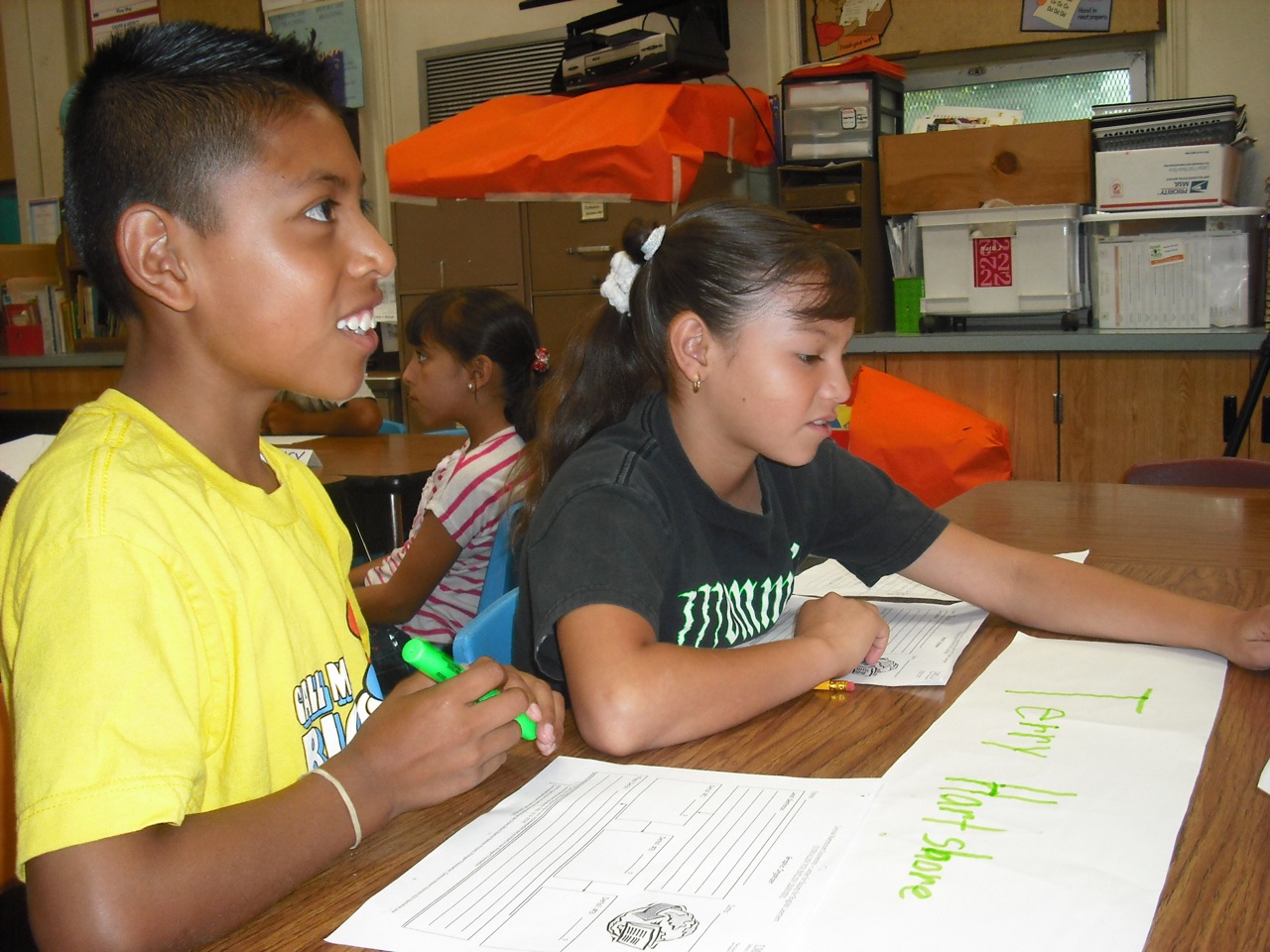

Of the 3.5 million English Learners in PreK-12 schools throughout the United States, nearly half – 1.5 million – are in California. As a group, these students are falling behind their native English-speaking peers. Of particular concern are those who have not received targeted services to reclassify as fluent English proficient – so-called long-term ELs.
LMU’s Center for Equity for English Learners is charting a new path by not only defining the best EL instructional practices through research, but by also partnering with districts to assist teachers and educational leaders in better addressing the needs of ELs. “This has become a priority area for districts everywhere at a time when resources are constrained,” says Magaly Lavadenz, CEEL director. “By providing hands-on support, we can ensure that what we know about effective EL practices is applied.”
In 2012, CEEL received a five-year, $1.9 million grant from the U.S. Department of Education – the largest in LMU history – for “Project STELLAR: Teaching for Critical Transitions.” A partnership that includes three Southern California districts and a charter school organization (each of which also receives funding as part of the grant), the initiative will provide intensive training for 100 in-service teachers, 29 teacher leaders and 20 pre-service teachers of ELs over the next five years.
Project STELLAR (Science Teaching for English Learners – Leveraging Academic Rigor) focuses on bolstering the capacity of teachers and administrators to provide high-quality, content-based language and literacy development for students in grades 4-8 whose English language development has stalled, while also addressing these students’ socio-emotional needs. The initiative’s first year culminated in two summer “bridge” programs at the Culver City and Lennox school districts (other grant partners include Wiseburn, which sent its students to Lennox; and Environmental Charter Schools). These programs were aimed at enhancing the language skills and providing one-on-one support for long-term EL students as they transition from elementary to middle school.
In addition, CEEL and its Project STELLAR partners have adapted an urban ecology curriculum for fourth through eighth grade ELs. The interdisciplinary cutting-edge curriculum, developed in consultation with Eric Strauss, director of LMU’s Center for Urban Resilience, will meet the language and content needs of EL students while also conforming to California’s new Common Core English Language Arts State Standards, California English Language Development Standards, and the Next Generation Science Standards.
Project STELLAR is only one of the ways CEEL is working with districts to support teachers of ELs. Through a $340,000 grant from the Weingart Foundation, CEEL is partnering with the Lawndale and Mountain View school districts on an after-school intervention program by providing professional development and resources to implement the Journalism for English Learners curriculum. This program equips EL students with a variety of skills that build their confidence and achievement in English.
Concurrently, CEEL continues to be a leading participant in scholarly activities that advance knowledge about EL instruction. Since Lavadenz joined the SOE faculty in 1994, LMU has hosted the annual Jornada Pedagógica Internacional para la Educación Bilingüe, a conference presented in Spanish that provides an academic venue for educators to enhance their skills in bilingual programs. In January, CEEL organized the program for the 2013 Jornada with major participation by the Los Angeles Unified School District.
“Our relationship with CEEL is providing opportunities for important initiatives that we wouldn’t be able to undertake on our own – both because of economic constraints, and from the perspective of the invaluable expertise we wouldn’t otherwise have from leaders in the field,” says Culver City Unified School District Superintendent David LaRose. “This is a partnership driven by student-centered needs, and I see great potential for that to continue to grow.”



